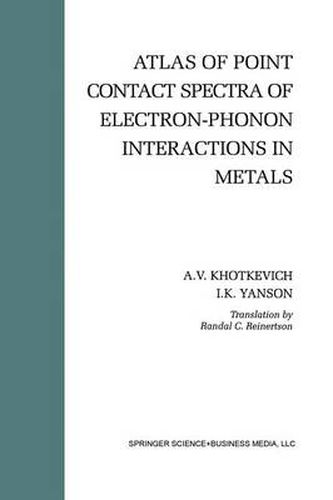Readings Newsletter
Become a Readings Member to make your shopping experience even easier.
Sign in or sign up for free!
You’re not far away from qualifying for FREE standard shipping within Australia
You’ve qualified for FREE standard shipping within Australia
The cart is loading…






This title is printed to order. This book may have been self-published. If so, we cannot guarantee the quality of the content. In the main most books will have gone through the editing process however some may not. We therefore suggest that you be aware of this before ordering this book. If in doubt check either the author or publisher’s details as we are unable to accept any returns unless they are faulty. Please contact us if you have any questions.
The characteristics of electrical contacts have long attracted the attention of researchers since these contacts are used in every electrical and electronic device. Earlier studies generally considered electrical contacts of large dimensions, having regions of current concentration with diameters substantially larger than the characteristic dimensions of the material: the interatomic distance, the mean free path for electrons, the coherence length in the superconducting state, etc. [110]. The development of microelectronics presented to scientists and engineers the task of studying the characteristics of electrical contacts with ultra-small dimensions. Characteristics of point contacts such as mechanical stability under continuous current loads, the magnitudes of electrical fluctuations, inherent sensitivity in radio devices and nonlinear characteristics in connection with electromagnetic radiation can not be understood and altered in the required way without knowledge of the physical processes occurring in contacts. Until recently it was thought that the electrical conductivity of contacts with direct conductance (without tunneling or semiconducting barriers) obeyed Ohm’s law. Nonlinearities of the current-voltage characteristics were explained by joule heating of the metal in the region of the contact. However, studies of the current-voltage characteristics of metallic point contacts at low (liquid helium) temperatures [142] showed that heating effects were negligible in many cases and the nonlinear characteristics under these conditions were observed to take the form of the energy dependent probability of inelastic electron scattering, induced by various mechanisms.
$9.00 standard shipping within Australia
FREE standard shipping within Australia for orders over $100.00
Express & International shipping calculated at checkout
Stock availability can be subject to change without notice. We recommend calling the shop or contacting our online team to check availability of low stock items. Please see our Shopping Online page for more details.
This title is printed to order. This book may have been self-published. If so, we cannot guarantee the quality of the content. In the main most books will have gone through the editing process however some may not. We therefore suggest that you be aware of this before ordering this book. If in doubt check either the author or publisher’s details as we are unable to accept any returns unless they are faulty. Please contact us if you have any questions.
The characteristics of electrical contacts have long attracted the attention of researchers since these contacts are used in every electrical and electronic device. Earlier studies generally considered electrical contacts of large dimensions, having regions of current concentration with diameters substantially larger than the characteristic dimensions of the material: the interatomic distance, the mean free path for electrons, the coherence length in the superconducting state, etc. [110]. The development of microelectronics presented to scientists and engineers the task of studying the characteristics of electrical contacts with ultra-small dimensions. Characteristics of point contacts such as mechanical stability under continuous current loads, the magnitudes of electrical fluctuations, inherent sensitivity in radio devices and nonlinear characteristics in connection with electromagnetic radiation can not be understood and altered in the required way without knowledge of the physical processes occurring in contacts. Until recently it was thought that the electrical conductivity of contacts with direct conductance (without tunneling or semiconducting barriers) obeyed Ohm’s law. Nonlinearities of the current-voltage characteristics were explained by joule heating of the metal in the region of the contact. However, studies of the current-voltage characteristics of metallic point contacts at low (liquid helium) temperatures [142] showed that heating effects were negligible in many cases and the nonlinear characteristics under these conditions were observed to take the form of the energy dependent probability of inelastic electron scattering, induced by various mechanisms.